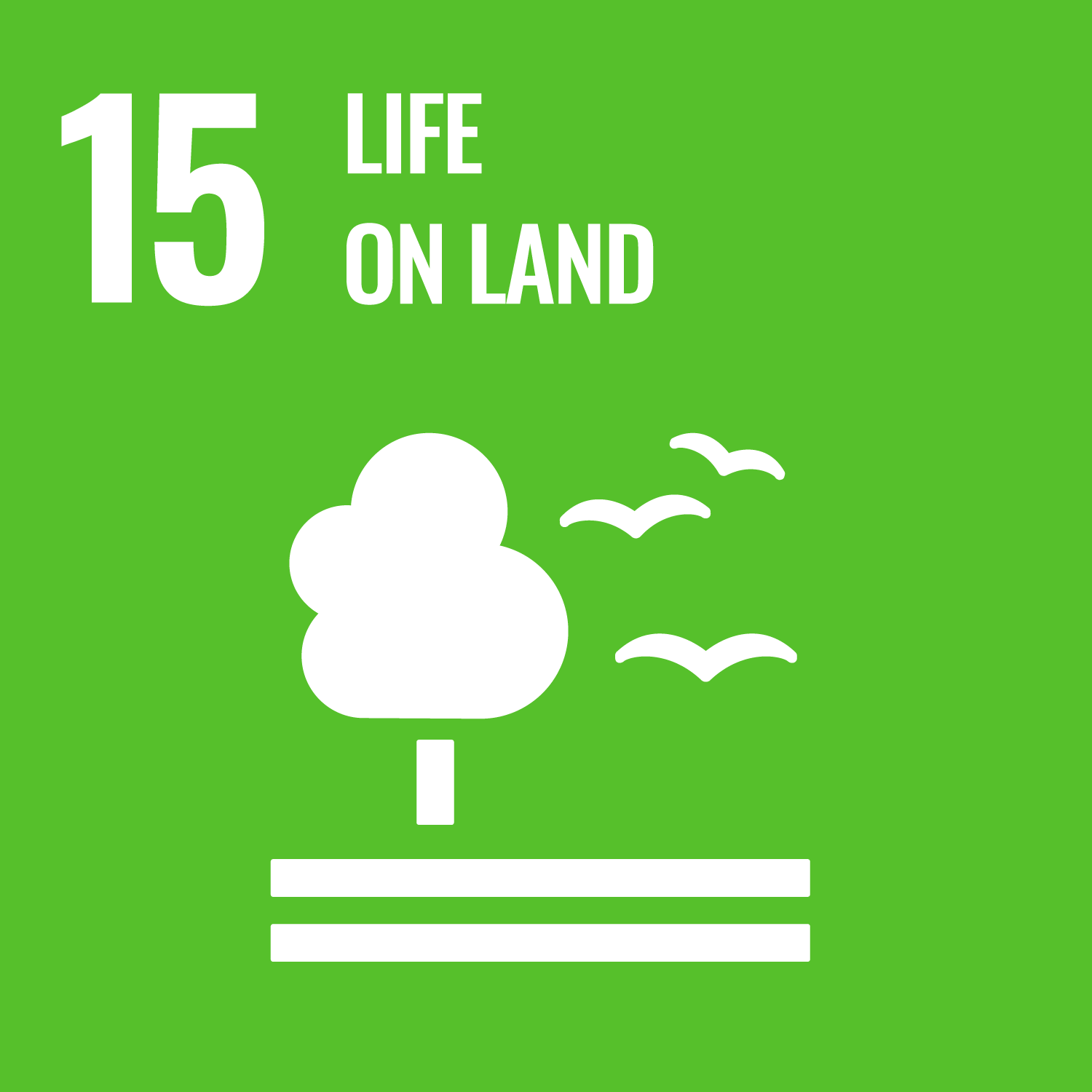
An uncertain future for biodiversity in the Congo Basin
The Congo Basin, the world's second-largest continuous rainforest, is a key centre of the planet's biodiversity and plays a significant role in climate change mitigation. This area faces multifaceted threats, including land-use change, exploitation of natural resources and climate change.
A team of researchers from the Charles Darwin Department of Biology and Biotechnology of Sapienza University of Rome investigated and critically assessed the current state of knowledge on the impacts of climate change on biodiversity in the Congo Basin, at all its organisational levels, using a systematic literature review methodology.
The results of the work, published in the journal Biological Conservation, pointed to an uncertain future trajectory for the area's biodiversity, considering its poorly studied status, the extent of unknowns and the negative responses found in scientific literature.
Researchers focused primarily on climate change as an emerging but little-studied threat that can potentially play a major role in driving biodiversity loss in the region: from increasing species' vulnerability to extinction, to shifting the range of species, to decreasing the size of organisms.
"This synthesis allowed us to identify the most important clusters of knowledge in the existing scientific literature and to outline a future research agenda", says Milena Beekmann of Sapienza University of Rome, first name of the work that forms part of her doctoral thesis. "To our knowledge, this is the first review that focuses on the impacts of climate change in the Congo Basin".
"However," comments Carlo Rondinini, one of the authors of the study and a professor at Sapienza University, "high levels of uncertainty remain, linked to alarming gaps in knowledge, undocumented ecological processes and a lack of information".

References:
Uncertain future for Congo Basin biodiversity: A systematic review of climate change impacts - Milena Beekmann, Sandrine Gallois, Carlo Rondinini - Biological Conservation 2024 https://doi.org/10.1016/j.biocon.2024.110730
Further Information
Milena Beekmann
Department of Biology and Biotechnology Charles Darwin
milenamarie.beekmann@uniroma1.it